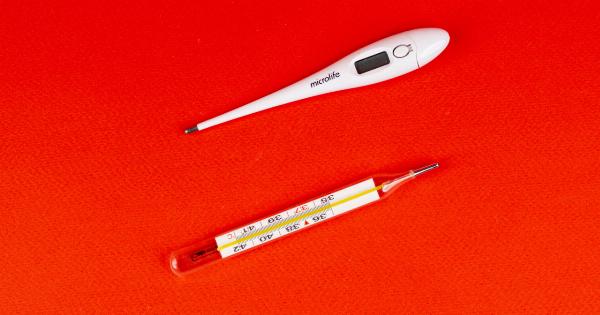Autoimmune diseases refer to a group of conditions where the immune system mistakenly attacks the body’s own cells and tissues.
These diseases can affect various parts of the body, leading to chronic inflammation and potential damage to organs and tissues. One factor that has been linked to the development and exacerbation of autoimmune diseases is the toxic effects of mercury.
Understanding Autoimmune Diseases
Autoimmune diseases occur when the immune system, which is designed to protect the body against harmful substances like viruses and bacteria, mistakenly targets healthy cells and tissues.
This results in chronic inflammation and damage to different organs or systems. Some common autoimmune diseases include rheumatoid arthritis, multiple sclerosis, lupus, and type 1 diabetes.
Mechanisms of Autoimmunity
The exact mechanisms behind autoimmune diseases are not fully understood. However, it is believed that a combination of genetic and environmental factors play a role.
One environmental factor that has gained significant attention is exposure to toxic substances like mercury.
The Toxic Effects of Mercury
Mercury is a heavy metal that exists in various forms, such as methylmercury and elemental mercury.
It is naturally present in the environment but can be released into the air, water, and soil through human activities, including industrial processes and waste disposal. Exposure to mercury can occur through ingestion, inhalation, or skin contact.
Mercury and its Impact on the Immune System
Studies have shown that mercury can have detrimental effects on the immune system. It can alter immune cell function, disrupt the balance of cytokines (molecules involved in immune system communication), and lead to abnormal immune responses.
These effects can contribute to the development or progression of autoimmune diseases.
Mercury’s Link to Autoimmune Diseases
Research has suggested that mercury exposure may increase the risk of developing autoimmune diseases. For example, a study conducted on individuals with high occupational exposure to mercury found an increased prevalence of autoimmune thyroiditis.
Similarly, studies have shown a potential association between mercury exposure and an increased risk of systemic lupus erythematosus, rheumatoid arthritis, and other autoimmune conditions.
Mercury’s Role in Autoimmune Activation
One possible mechanism through which mercury triggers autoimmune activation is molecular mimicry. Mercury can bind to certain proteins in the body, resulting in the formation of neoantigens.
These neoantigens may resemble self-antigens, prompting the immune system to target both the neoantigens and the body’s own tissues, leading to an autoimmune response. Furthermore, mercury can promote the production of autoantibodies, which are antibodies that target the body’s own proteins or cells.
Implications for Diagnosis and Treatment
Considering the potential link between mercury exposure and autoimmune diseases, it is important for healthcare providers to inquire about environmental exposures, including occupational exposure to mercury.
Additionally, diagnostic tests specific to autoimmunity may be necessary in individuals with known or suspected exposure to mercury. Treatment strategies for autoimmune diseases may also involve reducing mercury exposure, either by occupational safety measures or dietary changes to minimize seafood consumption, as fish can be a significant source of mercury.
Preventing Mercury Exposure
Preventing mercury exposure is crucial to safeguarding against its potential toxic effects.
This can be achieved through implementing proper disposal methods for products containing mercury, reducing industrial emissions, and educating individuals about the risks associated with mercury exposure. Additionally, regulatory measures and guidelines can help to control mercury-related hazards in various industries.
Conclusion
Autoimmune diseases are complex conditions that involve dysregulation of the immune system. While the precise causes of these diseases are not fully understood, the toxic effects of mercury have emerged as a potential contributing factor.
Mercury exposure has been linked to immune system dysfunction and the development or exacerbation of autoimmune diseases. Understanding the relationship between mercury and autoimmunity can aid in diagnosis, treatment, and preventive measures to minimize the harmful effects of mercury on human health.
Vigilance in reducing mercury exposure is essential in addressing the burden of autoimmune diseases.































